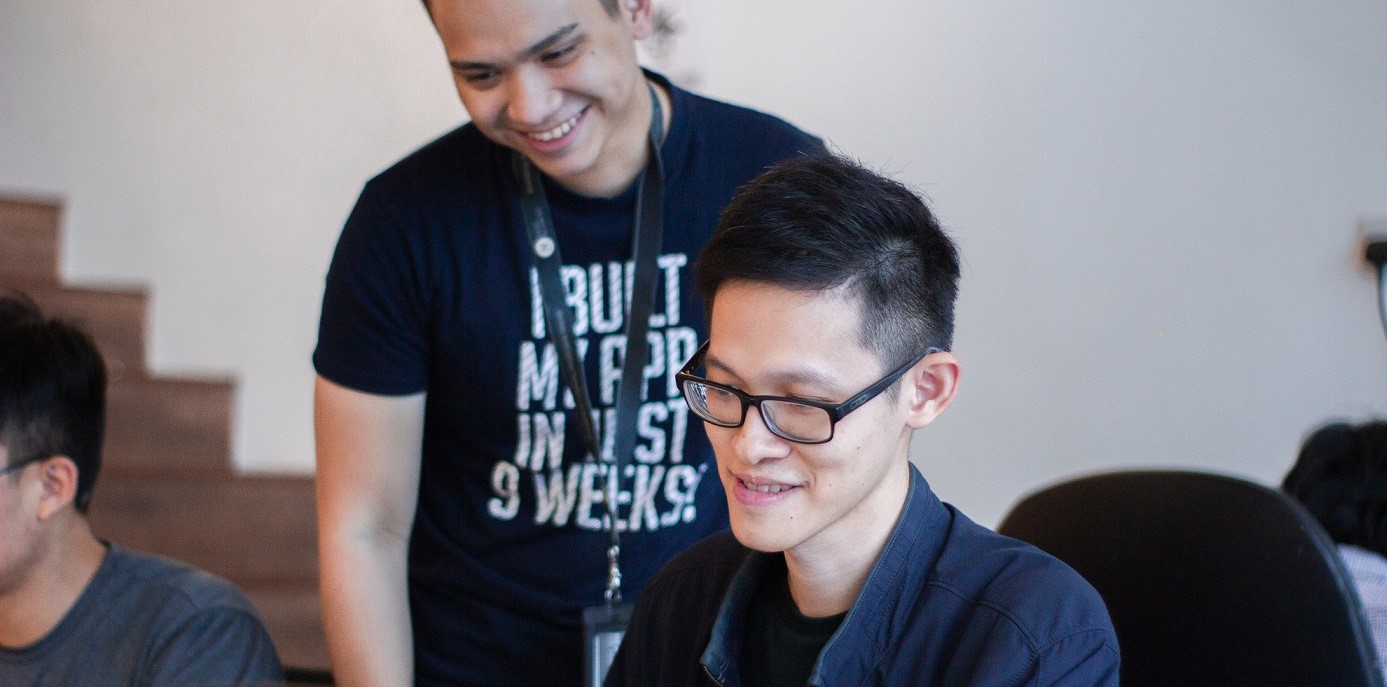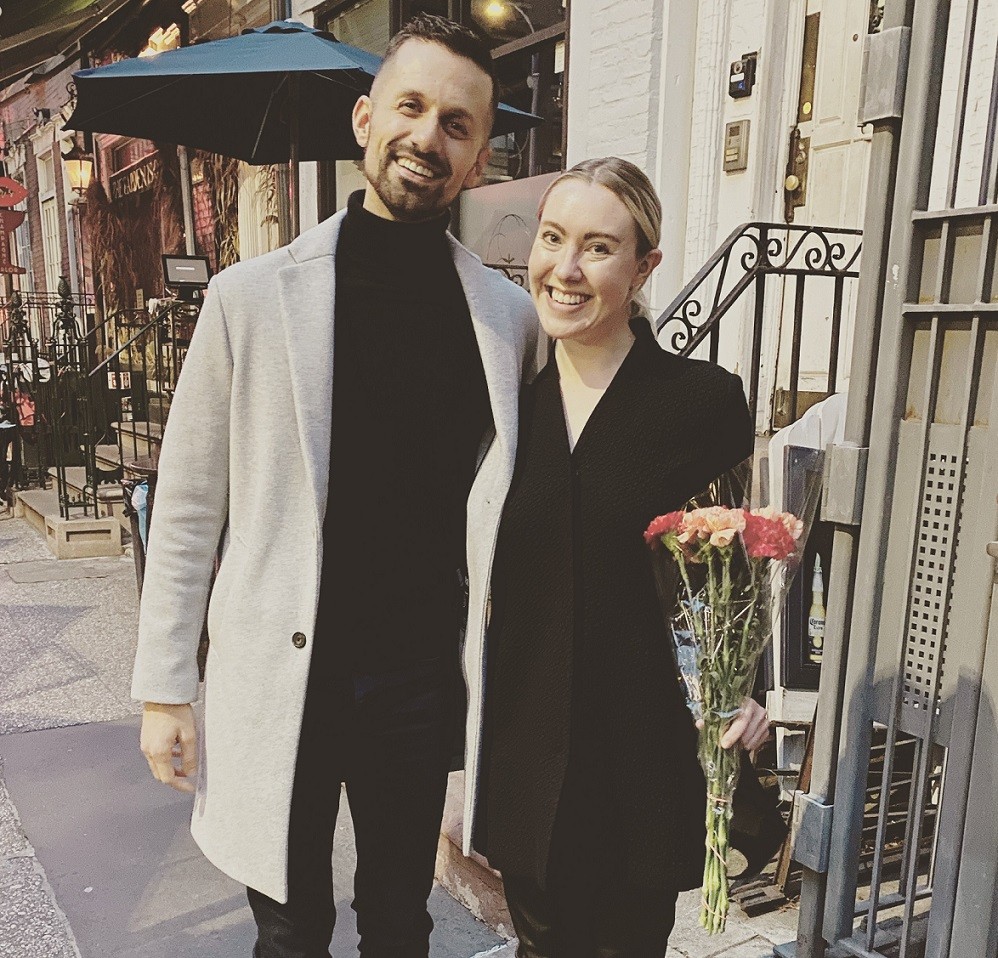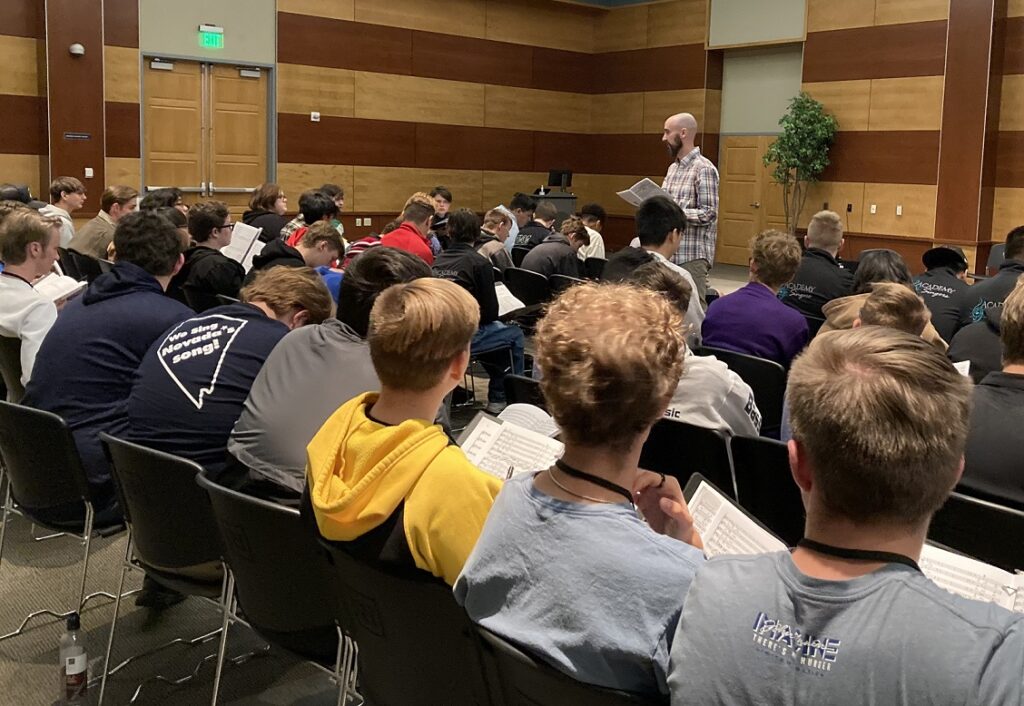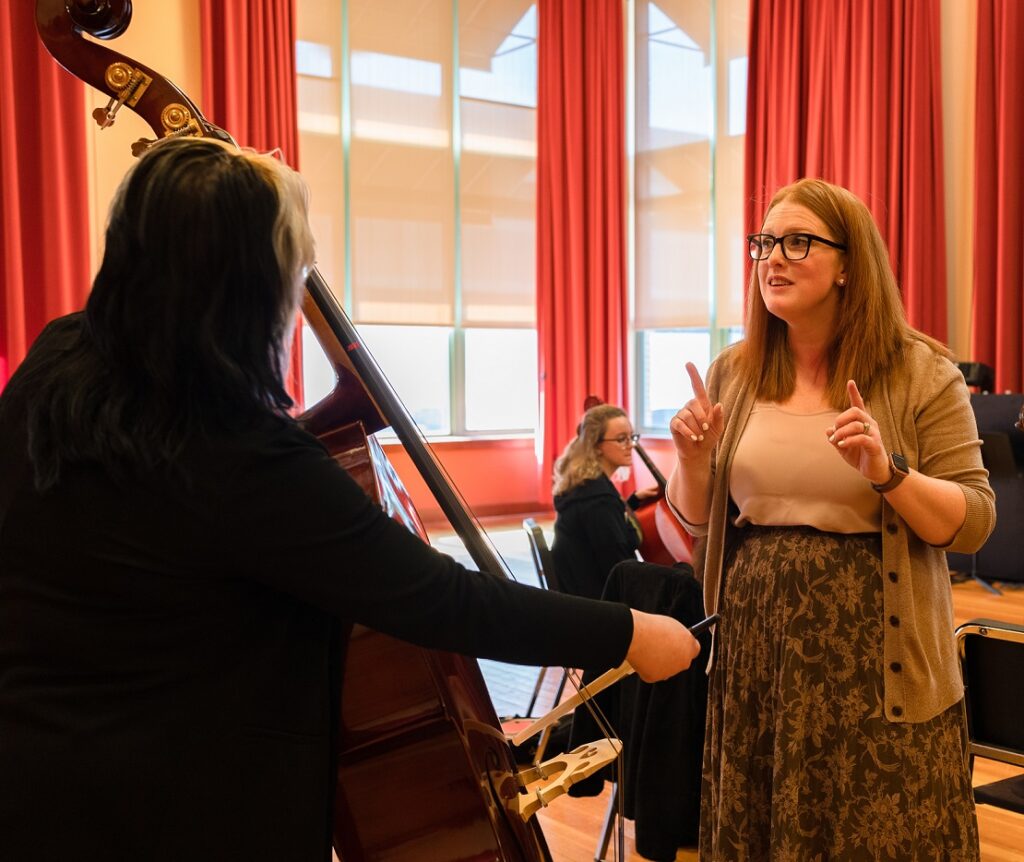Tagged Under:
A Guide to Mentorship in the Collegiate Music Program
College students yearn to be mentored. Try these four ways to understand, encourage and support your students.
Stop. Take a moment for yourself. Create a short list of those special educators who propelled you forward to where you are today. Think carefully about what each of them had in common. If your list is anything like mine, you may have just reached a riveting realization.
An exceptional educator is one whose work continues far beyond the walls of the teaching studio; one whose impact is sustained well past the conclusion of any final exam, recital or capstone experience. I have spent my academic teaching career navigating an expansive landscape of collegiate music programs from public to private, liberal arts to top research universities. While each has offered its fair share of unique opportunities, the common denominator is that students consistently desire something beyond the curriculum itself — mentorship.
| mentorship /ˈmen-ˌtȯr-ˌship/ noun. (1) the guidance provided by a mentor, especially an experienced person in a company or educational institution; (2) a period of time during which a person receives guidance from a mentor. |
 Admittedly, many of us choose to enter the field of education because of an impactful relationship we had with a mentor. I recall some of my own experiences with my undergraduate opera director, Dr. Carleen Graham. What was it that made her so impactful? Of course, her knowledge knew no bounds. But, it wasn’t Dr. Graham’s expertise in the field of opera (or her newly minted doctorate from Columbia) that had the greatest influence on her students. It was her natural ability to cultivate a connection. It was her desire to show up and be present. And it was her undeniable passion for pedagogic practice — a passion so fiery that I can still feel the heat some 14 years later.
Admittedly, many of us choose to enter the field of education because of an impactful relationship we had with a mentor. I recall some of my own experiences with my undergraduate opera director, Dr. Carleen Graham. What was it that made her so impactful? Of course, her knowledge knew no bounds. But, it wasn’t Dr. Graham’s expertise in the field of opera (or her newly minted doctorate from Columbia) that had the greatest influence on her students. It was her natural ability to cultivate a connection. It was her desire to show up and be present. And it was her undeniable passion for pedagogic practice — a passion so fiery that I can still feel the heat some 14 years later.
As I have ventured to live up to the legacy of Dr. Graham, I have found great success in the mentorship of many of my own students. While there is no one formulaic solution to providing great mentorship, the four steps below offer a systematic procedure by which to explore new pathways to success.
1. Seek to understand each of your students.
Human connection is fostered by mutual understanding and shared experience. It is important to spend time getting to know your students, both in and outside of the classroom. Learn a bit about their unique journeys, struggles, hobbies and interests. In addition, offer them the space to begin to share who they perceive themselves to be.
Once we have a clear understanding of each of our students, we are more capable of helping them discover what they wish to say as artists. One’s personality simply cannot be removed from the equation. When we are having conversations surrounding identity, brand, and an individual’s artistic footprint, these details are paramount. Without such information, artistic expression often lacks definition, passion and purpose.
2. Encourage calculated risk-taking.
 A great mentor equips their mentees with the tools by which to seek success. As per the high stakes nature and competitiveness of the performance world, it is imperative to remember that each risk carries the potential for yet another disappointment. When trying to empower young artists to develop the confidence and self-worth to move forward (despite the continuous stream of rejections), a calculated approach to seeking performance opportunities is especially important.
A great mentor equips their mentees with the tools by which to seek success. As per the high stakes nature and competitiveness of the performance world, it is imperative to remember that each risk carries the potential for yet another disappointment. When trying to empower young artists to develop the confidence and self-worth to move forward (despite the continuous stream of rejections), a calculated approach to seeking performance opportunities is especially important.
I often encourage my students to conduct a bit of market research on the companies and programs for which they are hoping to audition prior to the allocation of any resource — be it time, money, mental energy or otherwise. If a particular young artist program has a track record of hiring singers with two or three previous seasons of professional experience, only those artists with parallel profiles need apply. Equipping mentees with the skills necessary to evaluate such opportunities is especially critical for early career success. It is through this process of calculated risk-taking that we build more thoughtful, sustainable and resilient artists.
3. Support your students outside of the classroom.
It probably goes without saying, but visibility is essential. The work of a great mentor goes well beyond the meeting hours of any course. It is important to make time to show up for students, whether it be by attending performances, meeting them during office hours or even sending a quick check-in email at various points throughout the semester.
The relationship between mentor and mentee is strengthened by clear and consistent communication among both parties. I have also found student engagement to be more considerable during class when these additional steps are taken outside of the classroom. It’s a win-win situation for both mentor and mentee and a significant step toward exceptional mentorship by way of increased accessibility.
4. Inspire by sharing your journey.
It is no accident that you are in the position you are in. You have undoubtedly taken many calculated risks and successfully navigated the tumultuous terrain of being a musician and an educator in the 21st century. Congratulations!
While there is no one path to success in our ever-changing industry, sharing accounts of one’s own trials and tribulations can be particularly insightful and encouraging. Perhaps you were covering the role of Cassio in Verdi’s “Otello” at Utah Festival Opera and had to go on during the company’s closing performance with less than 10 minutes notice. Or maybe your work was criticized by somebody who claimed you weren’t “doctoral quality,” and you persevered. Then again, it might have been a job where you later won over an individual who spoke poorly of your artistic abilities. Whatever it may be, these anecdotes are invaluable pieces of the puzzle. They enable mentees to see the reality of the profession and offer great insight into the process, however difficult.
 The universe has an unusually clever way of bringing life full circle. For instance, a handful of my current students are singing with companies that I have performed with some years ago. Like Christina Swanson, for instance, who is currently spending her summer working as a Festival Artist with Utah Festival Opera. Will she go on for any of her cover assignments? I’m not sure. But, what I do know is that she is equipped with the tools by which to find success should she be called upon to do so.
The universe has an unusually clever way of bringing life full circle. For instance, a handful of my current students are singing with companies that I have performed with some years ago. Like Christina Swanson, for instance, who is currently spending her summer working as a Festival Artist with Utah Festival Opera. Will she go on for any of her cover assignments? I’m not sure. But, what I do know is that she is equipped with the tools by which to find success should she be called upon to do so.
While I’m unsure if I’ll ever live up to the legacy of Dr. Graham (who, by the way, now serves as Dean of the Vocal Division at Manhattan School of Music), I will continue to reflect on the mentorship offered to me by so many of my most admired teachers. Mentors like Dr. Jill Pearon, Dr. Dean Southern, Dr. Evan Jones, Mrs. Margaret Murphy, Dr. Justin Comito and many more.
So, If you’re still reading and remain unsure as to where to begin, stop. Take a moment. Carefully refer back to that list of educators who helped get you to where you are today. And when in doubt, give your “Dr. Graham” a call. You’ll be glad you did.
















